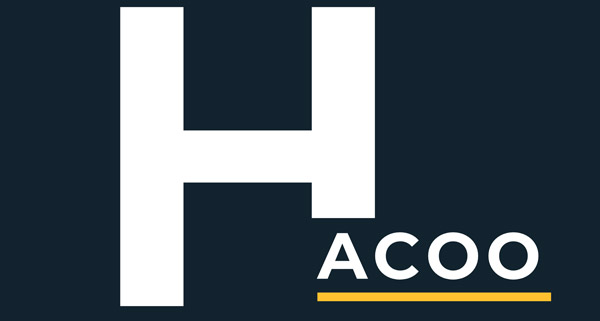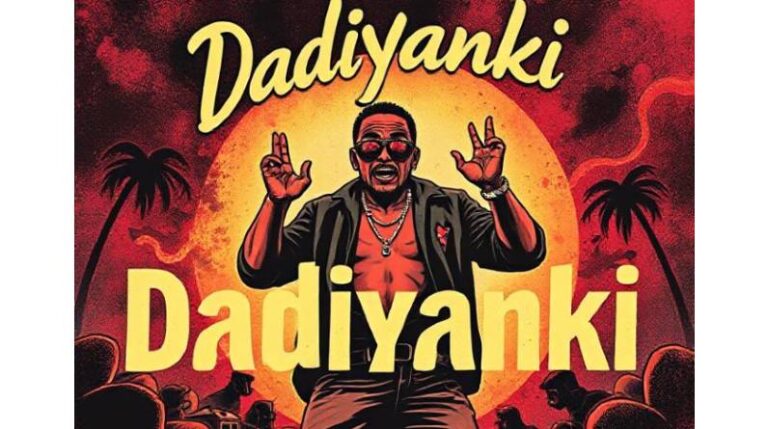Introduction: Who Is Dadiyanki?
Dadiyanki—internationally known as Daddy Yankee—is more than a music legend. He is a cultural architect, a genre-defining pioneer, and an emblem of Puerto Rican identity. Though his hit songs like Gasolina or Despacito introduced reggaeton to global audiences, his long-term influence runs deeper, shaping industries, communities, and artistic boundaries.
This article explores how Dadiyanki transformed not only music but also the way artists from underrepresented cultures build legacies that transcend sound.
The Rise of Reggaeton’s Blueprint
In the 1990s, reggaeton was an underground movement, blending Latin rhythms with hip-hop and Caribbean styles. Few outside Puerto Rico understood its cultural potential. Dadiyanki did. His debut album No Mercy (1995) introduced the genre to broader audiences.
By 2004, Barrio Fino changed everything. The album topped Latin charts and included Gasolina, a track that became a defining anthem of the early 2000s. For the first time, a Spanish-language urban song dominated airwaves around the world. Dadiyanki didn’t just popularize reggaeton—he legitimized it as a commercial force.
Barrio Fino became the best-selling Latin album of the decade, and its signature style—infectious beats, fast-paced vocals, and socially aware lyrics—became the reggaeton blueprint.
Cultural Infrastructure and Philanthropy
Dadiyanki never limited his vision to music. He built cultural institutions that uplifted youth and communities. Through his foundation, Daddy’s House, he supported educational programs and disaster relief in Puerto Rico.
He also launched Corazón Guerrero, an initiative focused on youth mentorship and violence prevention. After Hurricane Maria, he donated $100,000 to the Food Bank of Puerto Rico and participated in relief concerts, becoming a leading figure in rebuilding efforts.
Key Philanthropic Contributions
| Initiative | Focus Area | Notable Impact |
| Daddy’s House | Youth, Disaster Relief | Thousands of meals and supplies |
| Corazón Guerrero | Education & Mentorship | 300+ scholarships awarded |
| Food Bank Donation | Hurricane Recovery | $100,000 in direct community aid |
From Stage to Strategy: Entrepreneurial Ventures
Beyond philanthropy, Dadiyanki mastered the business of culture. He launched El Cartel Records, a label that signed and mentored new artists in reggaeton and Latin urban music. His record label model became a template for emerging talent seeking independence and authenticity.
He later invested in professional sports, becoming co-owner of the Puerto Rican baseball team Cangrejeros de Santurce and the Orlando-based padel team, The Flowrida Goats. He also collaborated with global brands like Pepsi, Reebok, and Corona, extending his influence into fashion and advertising.
Faith and Personal Transformation
In a surprising yet powerful turn, Dadiyanki publicly embraced Christianity during his farewell tour in 2023. Instead of retiring into silence, he shared his spiritual journey on stage, turning concerts into moments of reflection and hope. His message resonated with youth worldwide: fame is temporary, purpose is eternal.
This move highlighted a rare aspect of celebrity—vulnerability. Dadiyanki wasn’t just closing a career; he was beginning a new mission rooted in service and faith.
Recognitions and Milestones
Institutions have recognized the magnitude of Dadiyanki’s contributions. He was:
- Inducted into the National Recording Registry at the U.S. Library of Congress for Gasolina
- Honored at Harvard University with the Presencia Latina Award
- Named one of Time Magazine’s 100 Most Influential People
These accolades reflect more than fame—they represent cultural permanence.
Dadiyanki’s Global Music Influence
Dadiyanki laid the groundwork for artists like Bad Bunny, J Balvin, and Karol G, whose careers would flourish in the global reggaeton wave. His collaborations, including the record-shattering Despacito with Luis Fonsi, proved that Latin artists could dominate global pop charts.
Top 5 Artists Influenced by Dadiyanki
| Artist | Area of Influence |
| Bad Bunny | Lyricism, genre fusion |
| Karol G | Women in reggaeton, empowerment messaging |
| J Balvin | Brand building, cross-cultural appeal |
| Ozuna | Melodic reggaeton sound |
| Rauw Alejandro | Performance aesthetics and choreography |
Award-Winning Songs of Dadiyanki
Dadiyanki’s discography includes numerous chart-topping, award-winning songs that helped define not only reggaeton, but global Latin pop. These tracks were recognized for their innovation, cultural impact, and commercial success.
| Song Title | Year Released | Major Awards Won | Legacy Highlight |
| Gasolina | 2004 | ASCAP Award, Latin Grammy Nominee | First reggaeton anthem; inducted into National Recording Registry |
| Lo Que Pasó, Pasó | 2005 | Billboard Latin Music Award (Hot Latin Song of the Year) | Cemented reggaeton’s commercial presence |
| Impacto (Remix) | 2007 | Latin Rhythm Airplay Song of the Year | Brought reggaeton into pop-radio crossover via collaboration with Fergie |
| Despacito (with Luis Fonsi) | 2017 | Latin Grammy (4 categories), Billboard Music Awards | One of the most-streamed songs of all time |
| Dura | 2018 | Latin AMA, Lo Nuestro Awards | Sparked viral dance trend across TikTok and Instagram |
| Con Calma (ft. Snow) | 2019 | Billboard Latin Music Award, Latin AMA | Revitalized a classic with modern flair |
| Bonita (with J Balvin) | 2020 | Latin Grammy, Premios Juventud, Premio Lo Nuestro | Praised for its message of beauty and positivity |
These songs didn’t just win awards—they opened doors for Latin music globally and influenced production trends in pop, EDM, and hip-hop.
Why Dadiyanki Still Matters
What makes Dadiyanki’s legacy so powerful isn’t just his music—it’s his multidimensional approach to success. He built institutions, told stories, invested in communities, and inspired faith. He refused to be limited by industry norms or cultural stereotypes.
Key Takeaways
- He globalized a genre while staying true to his Puerto Rican roots
- He pioneered artist-owned business models in Latin music
- He inspired youth through philanthropy and testimony
- He received institutional recognition typically reserved for classical or historic figures
Conclusion: The Blueprint for Lasting Influence
Dadiyanki didn’t just help reggaeton go global—he helped redefine what a global artist can be. He turned success into strategy, fame into faith, and sound into structure.
As new artists emerge and Latin music continues to evolve, the foundations laid by Dadiyanki will continue to guide the genre’s future. His career proves that music can be more than entertainment—it can be a vehicle for cultural change, community impact, and generational legacy.
Frequently Asked Questions (FAQ)
Who is Dadiyanki?
Dadiyanki is the stylized name of Daddy Yankee, a Puerto Rican singer, songwriter, and entrepreneur credited with pioneering reggaeton and popularizing it globally.
What are Dadiyanki’s most famous songs?
His most famous songs include Gasolina, Lo Que Pasó, Pasó, Despacito (with Luis Fonsi), Dura, Con Calma, and Bonita (with J Balvin).
What awards has Dadiyanki won?
Dadiyanki has received multiple Latin Grammy Awards, Billboard Music Awards, ASCAP Awards, and more. Gasolina was inducted into the U.S. National Recording Registry in 2023.
Did Dadiyanki retire from music?
Yes, he announced his retirement from music in 2022 and completed his farewell tour in 2023. He has since shifted focus to faith, philanthropy, and business ventures.
How did Dadiyanki influence reggaeton and Latin music?
He was instrumental in shaping reggaeton’s sound, making it mainstream, and mentoring a new generation of Latin artists like Bad Bunny and J Balvin.
Is Dadiyanki involved in philanthropy?
Yes, he founded Daddy’s House and Corazón Guerrero, supporting education, disaster relief, and youth development in Puerto Rico and beyond.
What businesses does Dadiyanki own?
He owns El Cartel Records, co-owns the Cangrejeros de Santurce baseball team, and The Flowrida Goats padel team, and has collaborated with global brands.
For more insightful articles and the latest updates, keep visiting Hacoo.

